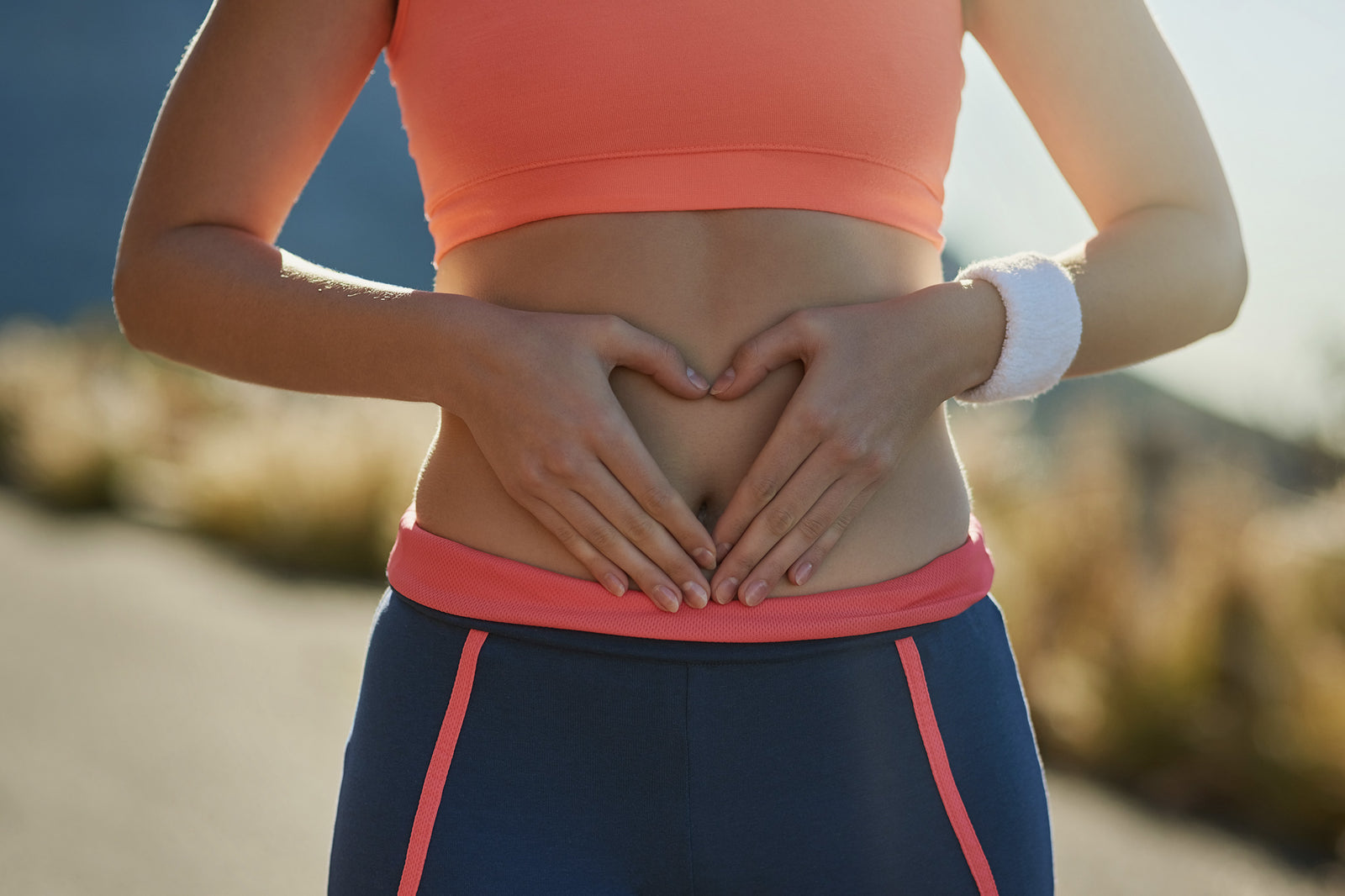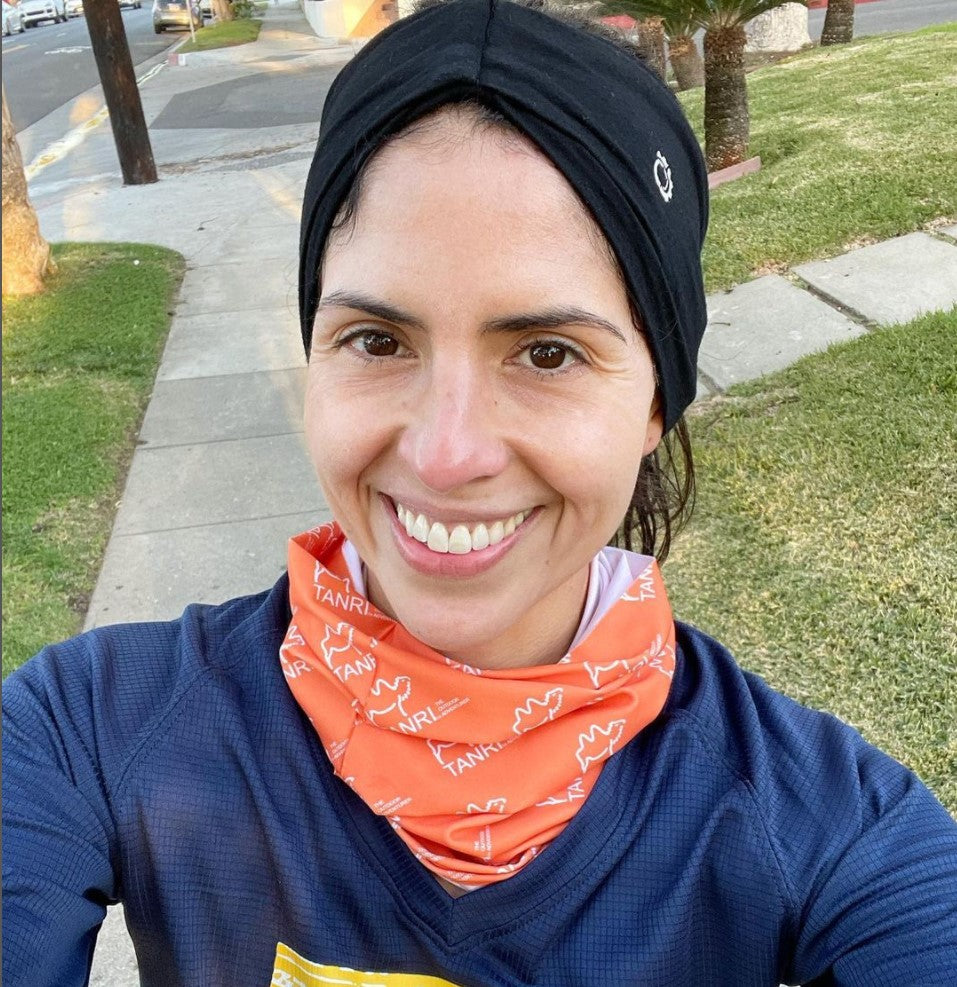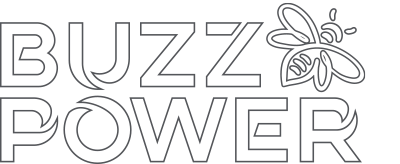Upcoming British triathlete, Lizzie Stewart shares her fuel plan for her upcoming European Standard Distance triathlon and Ironman qualifiers.
Lizzie started competing in triathlons in 2011, at the age of 11. By the age of 15, she'd moved onto adult triathlons, and raced for the British team in 2017 (the week her GCSEs finished). She went on to compete at Weert in 2019 and pre-qualified for the postponed 2020 standard distance. Her plans for 2021 are the European Standard Distance Triathlon Championships in Valencia, and 2021 Europe Triathlon Aquabike Championships in Walchsee. She is also competing at Ironman Vitoria-Gastiez and the World Triathlon Qualifier in Leeds.
Read on for Lizzie's fuel plan.


“Nutrition is arguably the most important discipline in triathlons. Ensuring your body is properly fuelled for the duration of an event or training session is key to ensuring you reach your peak and perform effectively.
The body uses glucose to provide the muscles with the energy needed, which is why I like Buzz Power - they’re a brilliant source of natural glucose and carbs.
The right nutrition can be the make or break of a race or training session. But it is individual: much like a bike is rider specific, the amount of nutrition will vary from person to person, due to the metabolism of each individual, as well as the level of activity being undertaken.
As a rule, I aim to drink a 750ml bottle of water or sports drink an hour, and consume around 250kcal per hour for the first half of longer rides over 40 miles. This 250kcal will be split into:
First 40 miles, per hour:
- one bottle of sports drink,
- dried cranberries or apricots
- a Buzz Power gel
- and a protein ball made from Buzz Power and nuts.
After the 40 mile mark, the nutrition shifts to, per hour:
- 1 bottle of water or sports drink,
- alternating a Buzz Power Gel with a banana or protein ball
Hydration, Hydration, Hydration
I was once told if you’re thirsty, you are already too dehydrated, leading to a decrease in performance. During my races, I use a Speedfil hydration system allowing me to take on water without breaking my aero position. Using a salt tablet will allow you to replace the electrolytes that you sweat out during the event and help prevent cramping. Just make sure to mix it with squash to prevent it from being too salty.
Know Your Fuel
If there are branded nutrition stops available on the event, get hold of samples of the race’s chosen nutrition products beforehand. Trying the nutrition before race day will allow you to see how you react. Using something in a race without training with it first is a very risky move and can often lead to stomach problems.
Fasted Training
Training with the correct nutrition is vital to peak performance. It is also important to recognise the occasional benefit of fasted training. This allows you to realise what your body is able to do without the correct fuelling. This practice allows you to be prepared in a race should something happen to your nutrition plan - if you drop your food or just forget to pick it up in transition, the fuel stations have run out of supplies, or you simply underestimate the amount you need.Pre Fuel & Re-Fuel
Before an event, try to eat something that will keep you full but which is still easy to digest. My go to pre-race breakfast is porridge made with half oat milk and half water with dried fruit and a spoon of raw honey. This is a very simple meal to digest and will keep me fuelled until I get onto my bike.
Many people like to carb-load the night before the event, some events host a “pasta party” for competitors the night before. (Although, don’t eat too much as a heavy meal will make it difficult for you to sleep!)
After an event, make sure you have a high protein meal, to help your muscles repair. Whilst you may be craving something sweet, it is important to consume the nutrients that your body needs to repair and recover. Aiming to eat healthily and with a good focus on your nutrition throughout your training will ultimately lead to a better performance in racing.
In summary, my four top tips for nutrition are:
- Keep your fuel plan simple
- Know which fuel works well for you and stick to it
- Practice your nutrition during training before race day
- Stay hydrated

Also in Knowledge Center

Energy Gels & IBS




Hannah Rand
Author